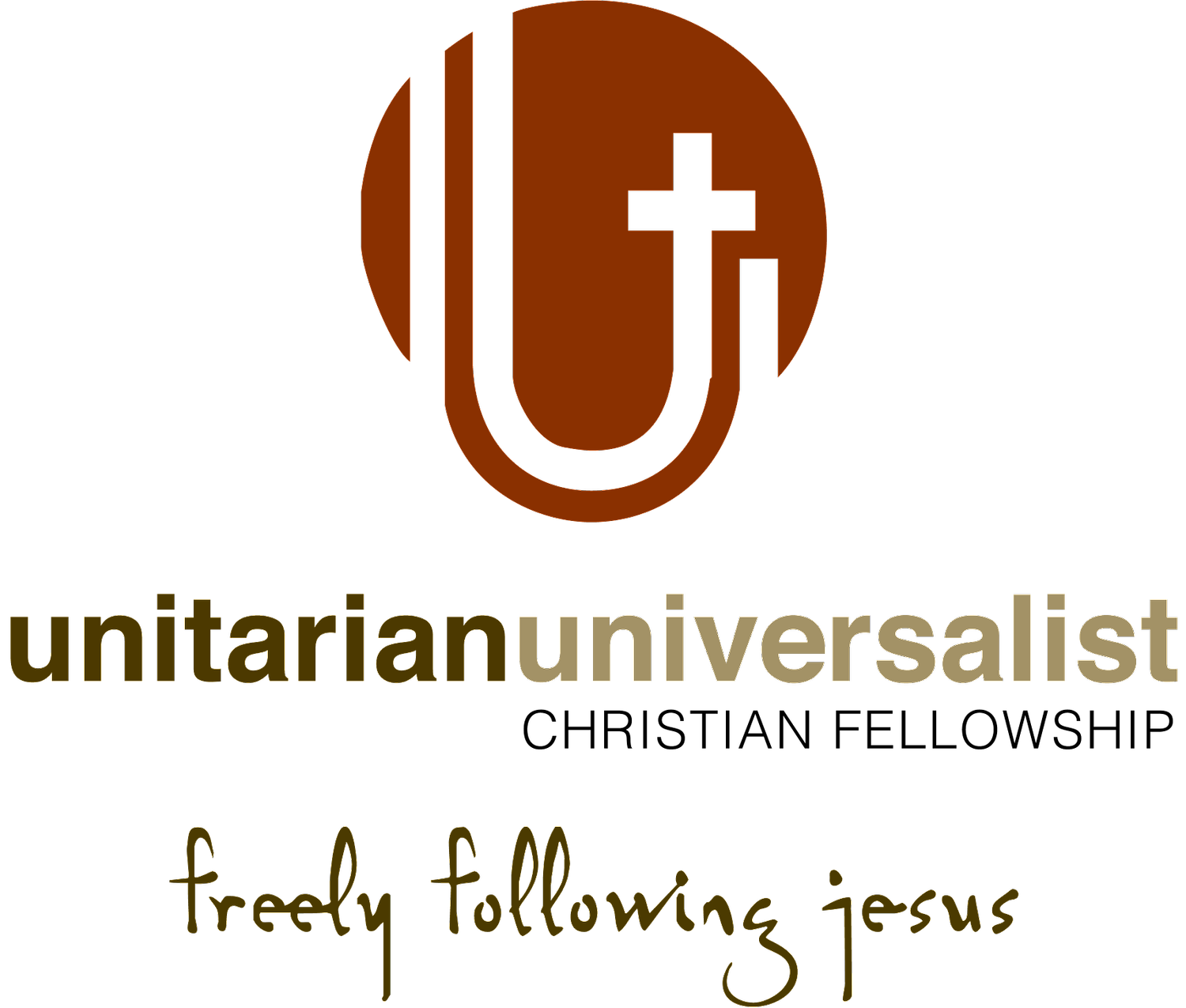From William Ellery Channing’s “Unitarian Christianity” (1811)
I. We regard the Scriptures as the records of God’s successive revelations to mankind, and particularly of the last and most perfect revelation of his will by Jesus Christ. Whatever doctrines seem to us to be clearly taught in the Scriptures; we receive without reserve or exception. We do not, however, attach equal importance to all the books in this collection. Our religion, we believe, lies chiefly in the New Testament. The dispensation of Moses, compared with that of Jesus, we consider as adapted to the childhood of the human race, a preparation for a nobler system, and chiefly useful now as serving to confirm and illustrate the Christian Scriptures. Jesus Christ is the only master of Christians, and whatever he taught, either during his personal ministry, or by his inspired Apostles, we regard as of divine authority, and profess to make the rule of our lives.
This authority, which we give to the Scriptures, is a reason, we conceive, for studying them with peculiar care, and for inquiring anxiously into the principles of interpretation, by which their true meaning may be ascertained. The principles adopted by the class of Christians in whose name I speak, need to be explained, because they are often misunderstood. We are particularly accused of making an unwarrantable use of reason in the interpretation of Scripture. We are said to exalt reason above revelation, to prefer our own wisdom to God’s. Loose and undefined charges of this kind are circulated so freely, that we think it due to ourselves, and to the cause of truth, to express our views with some particularity.
Our leading principle in interpreting Scripture is this, that the Bible is a book written for men, in the language of men, and that its meaning is to be sought in the same manner as that of other books. We believe that God, when he speaks to the human race, conforms, if we may so say, to the established rules of speaking and writing. How else would the Scriptures avail us more, than if communicated in an unknown tongue?
Now all books, and all conversation, require in the reader or hearer the constant exercise of reason; or their true import is only to be obtained by continual comparison and inference. Human language, you well know, admits various interpretations; and every word and every sentence must be modified and explained according to the subject which is discussed, according to the purposes, feelings, circumstances, and principles of the writer, and according to the genius and idioms of the language which he uses. These are acknowledged principles in the interpretation of human writings; and a man, whose words we should explain without reference to these principles, would reproach us justly with a criminal want of candor, and an intention of obscuring or distorting his meaning.
Were the Bible written in a language and style of its own, did it consist of words, which admit but a single sense, and of sentences wholly detached from each other, there would be no place for the principles now laid down. We could not reason about it, as about other writings. But such a book would be of little worth; and perhaps, of all books, the Scriptures correspond least to this description. The Word of God hears the stamp of the same hand, which we see in his works. It has infinite connexions and dependences. Every proposition is linked with others, and is to be compared with others; that its full and precise import may he understood. Nothing stands alone. The New Testament is built on the Old. The Christian dispensation is a continuation of the Jewish, the completion of a vast scheme of providence, requiring great extent of view in the reader. Still more, the Bible treats of subjects on which we receive ideas from other sources besides itself; such subjects as the nature, passions, relations, and duties of man; and it expects us to restrain and modify its language by the known truths, which observation and experience furnish on these topics.
We profess not to know a book, which demands a more frequent exercise of reason than the Bible. In addition to the remarks now made on its infinite connexions, we may observe, that its style nowhere affects the precision of science, or the accuracy of definition. Its language is singularly glowing, bold, and figurative, demanding more frequent departures from the literal sense, than that of our own age and country, and consequently demanding more continual exercise of judgment. — We find, too, that the different portions of this book, instead of being confined to general truths, refer perpetually to the times when they were written, to states of society, to modes of thinking, to controversies in the church, to feelings and usages which have passed away, and without the knowledge of which we are constantly in danger of extending to all times, and places, what was of temporary and local application. — We find, too, that some of these books are strongly marked by the genius and character of their respective writers, that the Holy Spirit did not so guide the Apostles as to suspend the peculiarities of their minds, and that a knowledge of their feelings, and of the influences under which they were placed, is one of the preparations for understanding their writings. With these views of the Bible, we feel it our bounden duty to exercise our reason upon it perpetually, to compare, to infer, to look beyond the letter to the spirit, to seek in the nature of the subject, and the aim of the writer, his true meaning; and, in general, to make use of what is known, for explaining what is difficult, and for discovering new truths.

